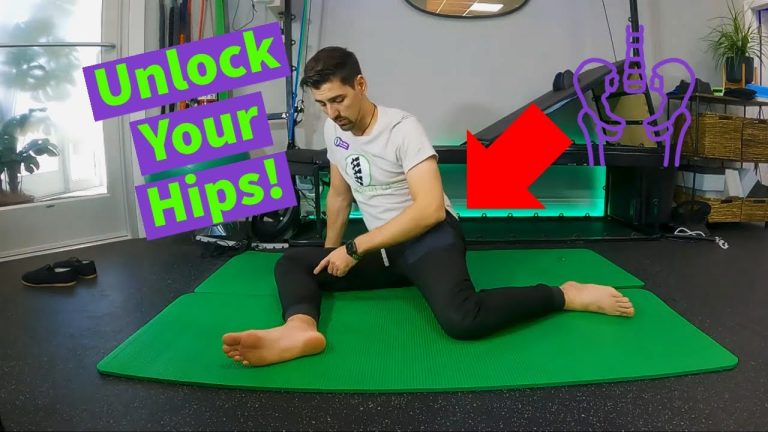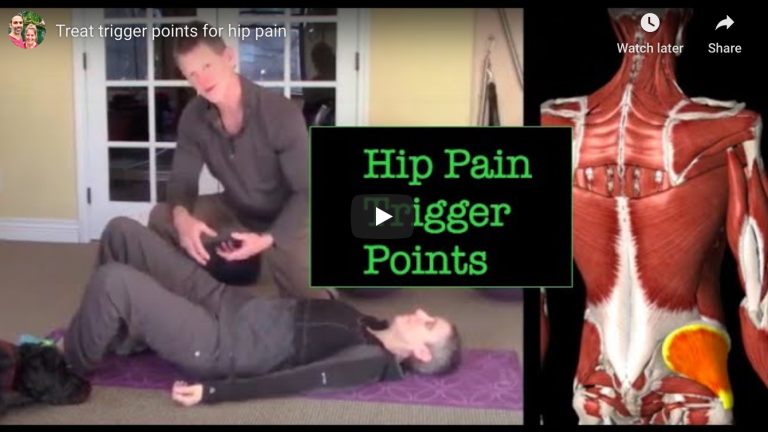Understanding Left Hip Pain during Pregnancy: Causes, Relief, and Prevention
Pregnancy is a magical journey filled with joy and anticipation. However, it’s not all rainbows and butterflies.
As the body undergoes miraculous changes, it may also experience certain discomforts, like left hip pain. This pesky ailment, caused by hormone-induced joint relaxation and the relentless pressure on the sciatic nerve, can put a damper on the joyful experience.
But fear not, dear reader, for there are remedies hidden within the realm of exercises, warm compresses, and proper sleeping positions. Join us as we delve into the realm of pregnancy hip pain, exploring ways to find relief and restore the bliss of this enchanting nine-month adventure.
left hip pain during pregnancy
Left hip pain during pregnancy is a common issue, especially in the third trimester. This pain is often felt on the side where the baby lies in the uterus.
Hormones released during pregnancy cause the joints and ligaments in the pelvis to relax, leading to increased pressure on the sciatic nerve and resulting in pain, numbness, or tingling in the buttocks, hips, and thighs. The baby changing position in the uterus may help reduce hip pain.
Additionally, round ligament pain can cause hip discomfort during the second trimester. There are several ways to alleviate hip pain during pregnancy, such as exercises to strengthen back and abdominal muscles, warm baths, warm compresses, massages, and sleeping on your side with your legs and knees bent.
However, it is important to note that hip pain accompanied by pressure or soreness in the pelvic area before the 37th week could be a sign of preterm labor, requiring immediate reporting to a healthcare provider.
Key Points:
- Left hip pain during pregnancy is common, especially in the third trimester.
- Hormones released during pregnancy cause joints and ligaments in the pelvis to relax, putting pressure on the sciatic nerve and causing pain.
- The baby changing position in the uterus may help reduce hip pain.
- Round ligament pain can also cause hip discomfort during the second trimester.
- Ways to alleviate hip pain during pregnancy include exercises, warm baths, warm compresses, massages, and sleeping on your side with your legs and knees bent.
- Hip pain accompanied by pelvic pressure before the 37th week may indicate preterm labor and should be reported to a healthcare provider.
Sources
https://www.medicalnewstoday.com/articles/pregnancy-hip-pain
https://americanpregnancy.org/healthy-pregnancy/pregnancy-complications/hip-pain-during-pregnancy/
https://www.healthline.com/health/pregnancy/pregnancy-hip-pain
https://www.pampers.com/en-us/pregnancy/pregnancy-symptoms/article/hip-and-pelvic-pain-during-pregnancy
Check this out:
💡 Pro Tips:
1. Avoid crossing your legs or sitting for long periods of time to prevent exacerbating hip pain during pregnancy.
2. Consider using a maternity support belt or belly band to provide extra support to your hips and alleviate discomfort.
3. Practice pelvic tilts and gentle stretches specifically targeting the hip area to release tension and strengthen the muscles supporting your hips.
4. Incorporate low-impact exercises like swimming or prenatal water aerobics into your routine as they can help relieve hip pain and support your joints.
5. Apply ice packs or cold compresses to the affected hip to reduce inflammation and numb the area for temporary pain relief.
Common Causes Of Hip Pain During Pregnancy
Hip pain is a common occurrence during pregnancy, especially in the third trimester. It is often felt on the side where the baby lies in the uterus.
This pain is primarily caused by the hormones released during pregnancy, such as relaxin, which cause the joints and ligaments in the pelvis to relax. Additionally, the increased pressure on the sciatic nerve can result in pain, numbness, or tingling sensations in the buttocks, hips, and thighs.
The baby changing position in the uterus can also reduce hip pain. Another cause of hip pain during the second trimester is round ligament pain.
It is important to remember that hip pain accompanied by pressure or soreness in the pelvic area before the 37th week may be a sign of preterm labor and should be reported to a healthcare provider.
Managing Hip Pain With Exercises And Home Remedies
There are several ways to manage hip pain during pregnancy, including exercises and home remedies. One effective technique is to perform exercises that strengthen the back and abdominal muscles.
This can help alleviate some of the pressure on the hips. Additionally, warm baths, warm compresses, and massages can provide relief for the discomfort.
It is also important to maintain proper posture and pelvic support. Sleeping on your side with your legs and knees bent, and using pillows for support, can reduce discomfort while sleeping.
It is crucial to consult with a doctor before taking any over-the-counter medications for pain relief during pregnancy, as they can have potential risks. However, wearing a pelvic belt and using warm compresses are safe and effective ways to help relieve hip pain.
Importance Of Proper Posture And Pelvic Support
Proper posture and pelvic support are crucial when dealing with hip pain during pregnancy. The weight gain during pregnancy can place additional stress on the hips, making it important to maintain good alignment and posture.
Poor postural alignment due to weight gain can strain the hips and exacerbate the pain. It is recommended to avoid activities that worsen the pain, such as standing or sitting for extended periods, and to use supportive cushions or pillows when sitting.
Using a pregnancy support belt can also provide additional pelvic support and help alleviate some of the discomfort. Additionally, regular exercise throughout pregnancy can help prevent excessive weight gain, which can further stress the hips.
Prenatal yoga, in particular, can stretch the hips and relieve pregnancy aches and pains. However, it is essential to consult a doctor before starting any new exercise program and to stop exercising if experiencing symptoms such as dizziness, fluid gush, headache, chest pain, bleeding, muscle weakness, shortness of breath, contractions, or calf pain/swelling.
Signs Of Preterm Labor Associated With Hip Pain
While hip pain during pregnancy is common and usually not a cause for concern, it is essential to be aware of certain signs that may indicate preterm labor. If hip pain is accompanied by pressure or soreness in the pelvic area before the 37th week of pregnancy, it is crucial to report it to a healthcare provider.
Preterm labor can be indicated by symptoms such as regular contractions, lower back pain or pressure, a change in vaginal discharge, pelvic pressure, abdominal cramping, or a feeling of the baby “dropping.” Any hip pain that is severe or persistent should also be discussed with a doctor to ensure that it is not a sign of a more serious underlying condition.
Hormonal Changes And Weight Gain As Contributing Factors
Hormonal changes and weight gain are significant contributing factors to hip pain during pregnancy. The hormones released during pregnancy, such as relaxin, cause the joints and ligaments in the pelvis to become more mobile and prone to injury.
This increased mobility can lead to hip pain and discomfort. Additionally, the weight gain associated with pregnancy places additional stress on the hips, leading to pain and discomfort.
Maintaining a healthy weight and engaging in regular exercise throughout pregnancy can help prevent excessive weight gain and alleviate some of the strain on the hips.
Seeking Medical Advice For Persistent Or Sharp Hip Pain
While many cases of hip pain during pregnancy can be managed with exercise, home remedies, and proper posture, it is essential to seek medical advice for persistent or sharp hip pain. Recurring or constant pain should be discussed with a doctor, as well as any sharp pain experienced during pregnancy.
A healthcare provider can evaluate the situation and determine the best course of action. Treatment options may include medical treatment, at-home remedies, and stretches.
It is important to consult a doctor before taking any over-the-counter medications for pain relief, as they may have potential risks during pregnancy. Overall, if hip pain becomes severe, persists, or is accompanied by other concerning symptoms, it is crucial to seek medical advice for proper diagnosis and management.







